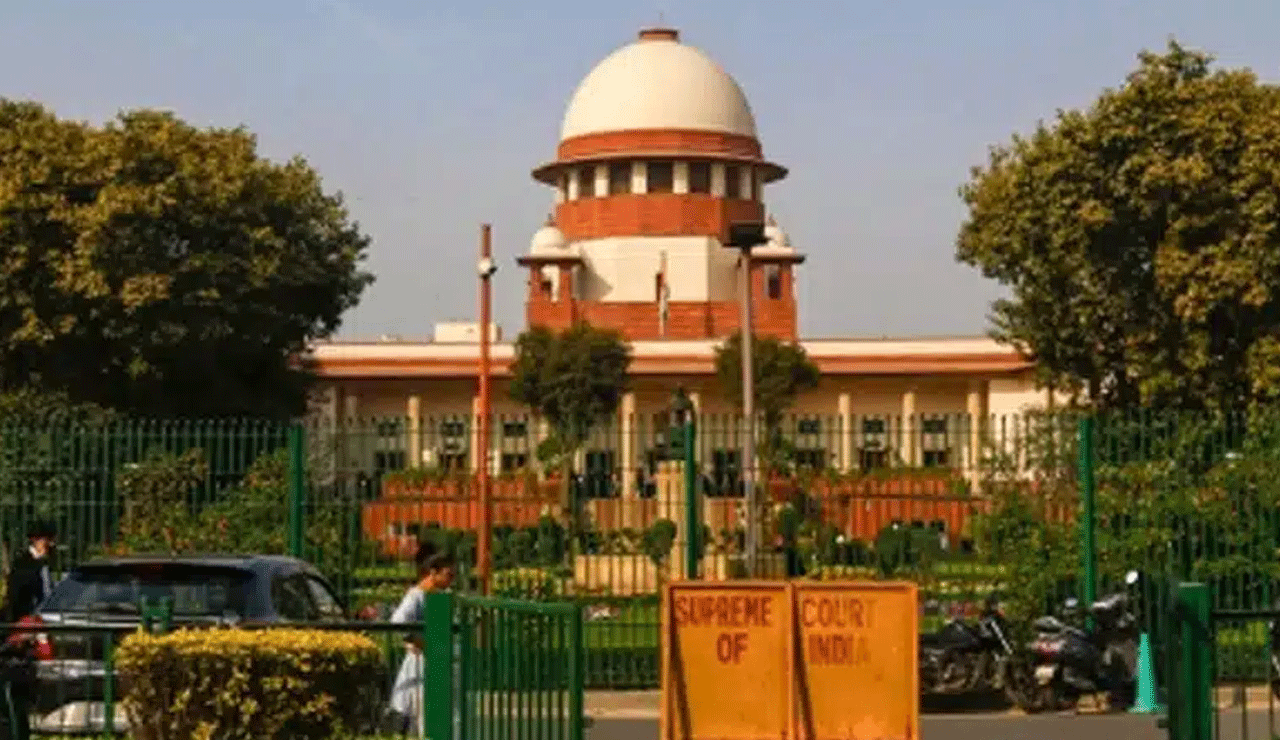Congress, AIMIM Challenge Waqf Act Amendments in Supreme Court Over Constitutionality
On Monday, pleas challenging the recent amendments introduced to the Waqf Act were brought before Chief Justice of India (CJI) Sanjiv Khanna for urgent listing.

New Delhi: On Monday, pleas challenging the recent amendments introduced to the Waqf Act were brought before Chief Justice of India (CJI) Sanjiv Khanna for urgent listing. Senior advocate Kapil Sibal, representing the petitioners, requested an expedited hearing on the petitions, which question the constitutional validity of the Waqf (Amendment) Act, 2025.
Table of Contents
In response, CJI Khanna, who is the master of the roster, inquired whether the senior counsel had submitted the mentioning letter via email. Upon confirmation that the letter had already been sent, CJI Khanna assured the petitioners that the matter would be addressed that afternoon.
Amendments to Waqf Act Spark Legal and Political Disputes
Several petitions were filed before the Supreme Court challenging the amendments to the Waqf Act immediately following its passage in both Houses of Parliament on Friday. The Indian National Congress, in particular, has voiced its opposition to the Waqf (Amendment) Bill, 2025. Congress claims that the amendments undermine the basic structure of the Constitution and could lead to religious polarization and division within the country.
Congress MP and party whip in the Lok Sabha, Mohammad Jawed, filed a petition asserting that the amendments violate multiple provisions of the Constitution, including Articles 14 (right to equality), 25 (freedom of religion), 26 (freedom to manage religious affairs), 29 (minority rights), and 300A (right to property).
AIMIM’s Opposition to Waqf Act Amendments
All India Majlis-e-Ittehadul Muslimeen (AIMIM) chief Akbaruddin Owaisi has also approached the Supreme Court, challenging the amendments. Owaisi argues that the changes are in direct violation of Articles 14, 15, 21, 25, 26, 29, 30, and 300A of the Constitution of India, and that they are “manifestly arbitrary.”
Also Read: Mamata Banerjee’s Meeting with School Job Losers Sparks Controversy in West Bengal
Government’s Defence of the Waqf (Amendment) Act
The Waqf Act amendments, according to the government, are designed to benefit millions of poor Muslims by improving the management of Waqf properties, such as mosques, schools, and hospitals. Minority Affairs Minister Kiren Rijiju defended the legislation, stating that it does not interfere with Waqf properties but aims to ensure better welfare for the Muslim community.
The government has emphasized that the law is in line with the vision of ‘Sabka Saath, Sabka Vikas,’ and is committed to promoting the welfare of all citizens, without harming any individual or group.
Legal and Political Ramifications of the Waqf Act Amendments
The challenges to the Waqf (Amendment) Act, 2025, are likely to have significant legal and political implications. With both Congress and AIMIM taking legal action, the Supreme Court’s ruling on this matter could shape future legislation and policies concerning Waqf properties and the rights of religious minorities in India. The petitions also raise broader concerns about religious rights, equality, and the balance of power between the state and religious communities in India.
The Supreme Court is expected to take up the petitions in the coming days, with the outcome potentially impacting the government’s legislative approach to Waqf and religious minority rights.
